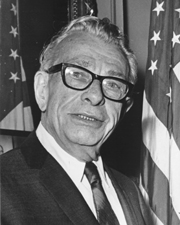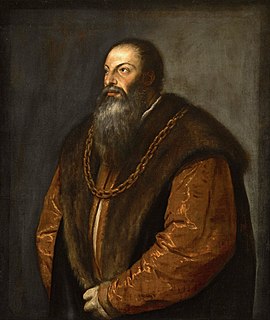A Quote by Frederick Soddy
To-day it appears as though it may well be altogether abolished in the future as it has to some extent been mitigated in the past by the unceasing, and as it now appears, unlimited ascent of man to knowledge, and through knowledge to physical power and dominion over Nature.
Related Quotes
Surely knowledge of the natural world, knowledge of the human condition, knowledge of the nature and dynamics of society, knowledge of the past so that one may use it in experiencing the present and aspiring to the future--all of these, it would seem reasonable to suppose, are essential to an educated man. To these must be added another--knowledge of the products of our artistic heritage that mark the history of our esthetic wonder and delight.
A scientist sets out to conquer nature through knowledge - external nature, external knowledge. By these means he may split the atom and achieve external power. A yogi sets out to explore his own internal nature, to penetrate the atom (atma) of being. He does not gain dominion over wide lands and restless seas, but over his own recalcitrant flesh and febrile mind.
Our immediate interests are after all of but small moment. It is what we do for the future, what we add to the sum of man's knowledge, that counts most. As someone has said, 'The individual withers and the world is more and more.' Man dies at 70, 80, or 90, or at some earlier age, but through his power of physical reproduction, and with the means that he has to transmit the results of effort to those who come after him, he may be said to be immortal.
We may be assured by past experience, that such a practice [as some states charging high taxes on goods from other states] would be introduced by future contrivances; and both by that and a common knowledge of human affairs, that it would nourish unceasing animosities, and not improbably terminate in serious interruptions of the public tranquility.
Because of its concrete content, sense-certainty immediately appears as the richest kind of knowledge, indeed a knowledge of infinite wealth for which no bounds can be found, either when we reach out into space and time in which it is dispersed, or when we take a bit of this wealth, and by division enter into it. Moreover, sense-certainty appears to be the truest knowledge ... but, in the event, this very certainty proves itself to be the most abstract and poorest truth. All that it says about what it knows is just that it is; and its truth contains nothing but the sheer being of the thing.
Some say that sudden knowledge of mystical matters is accomplished only in complete quietude, or that Creator, in one of God's many forms, appears only in orderly ways that are beauteous and picturesque, or that the mystical appears only in completely silent ways. All are true. Except for the 'only' part.




































